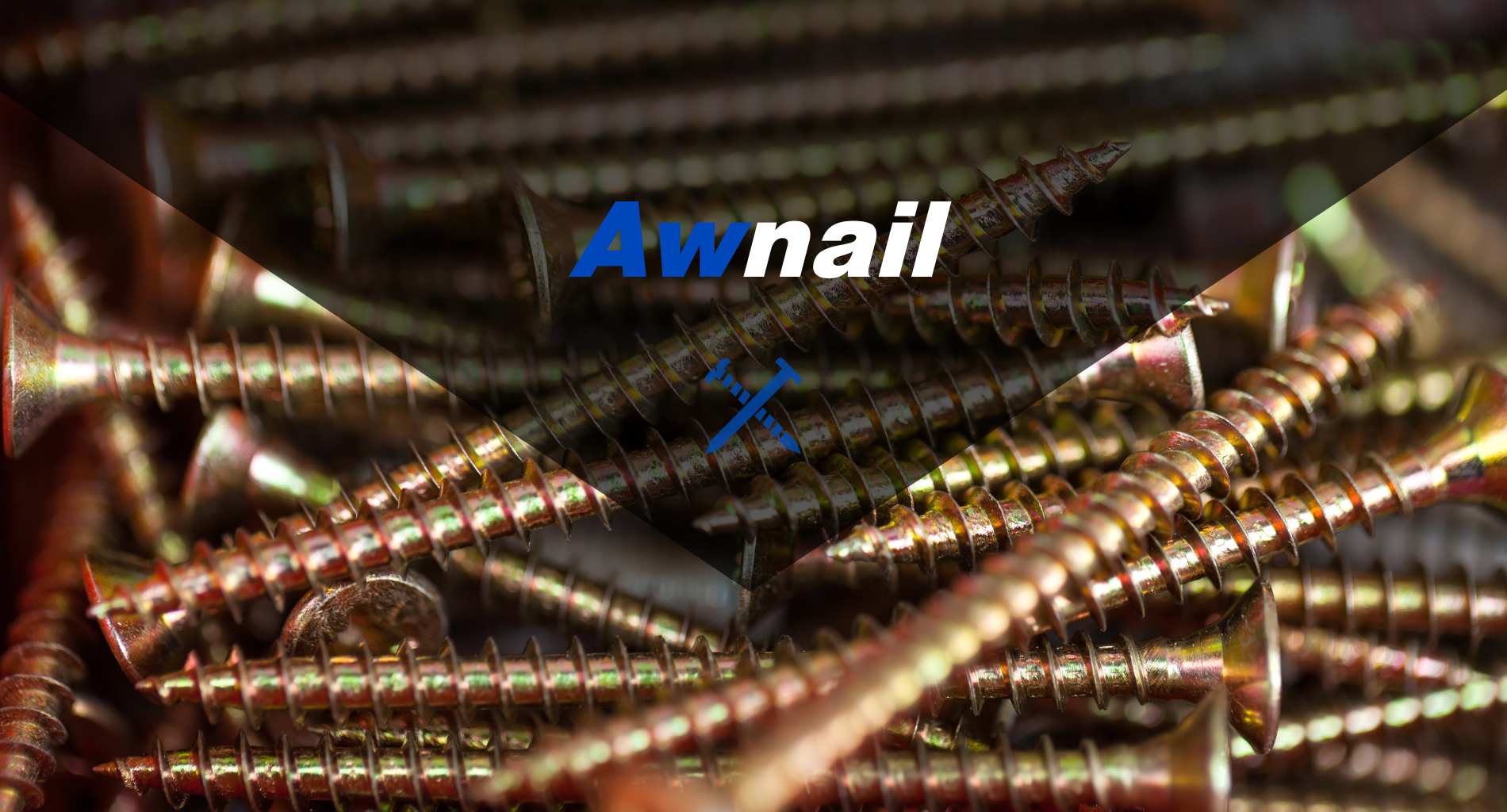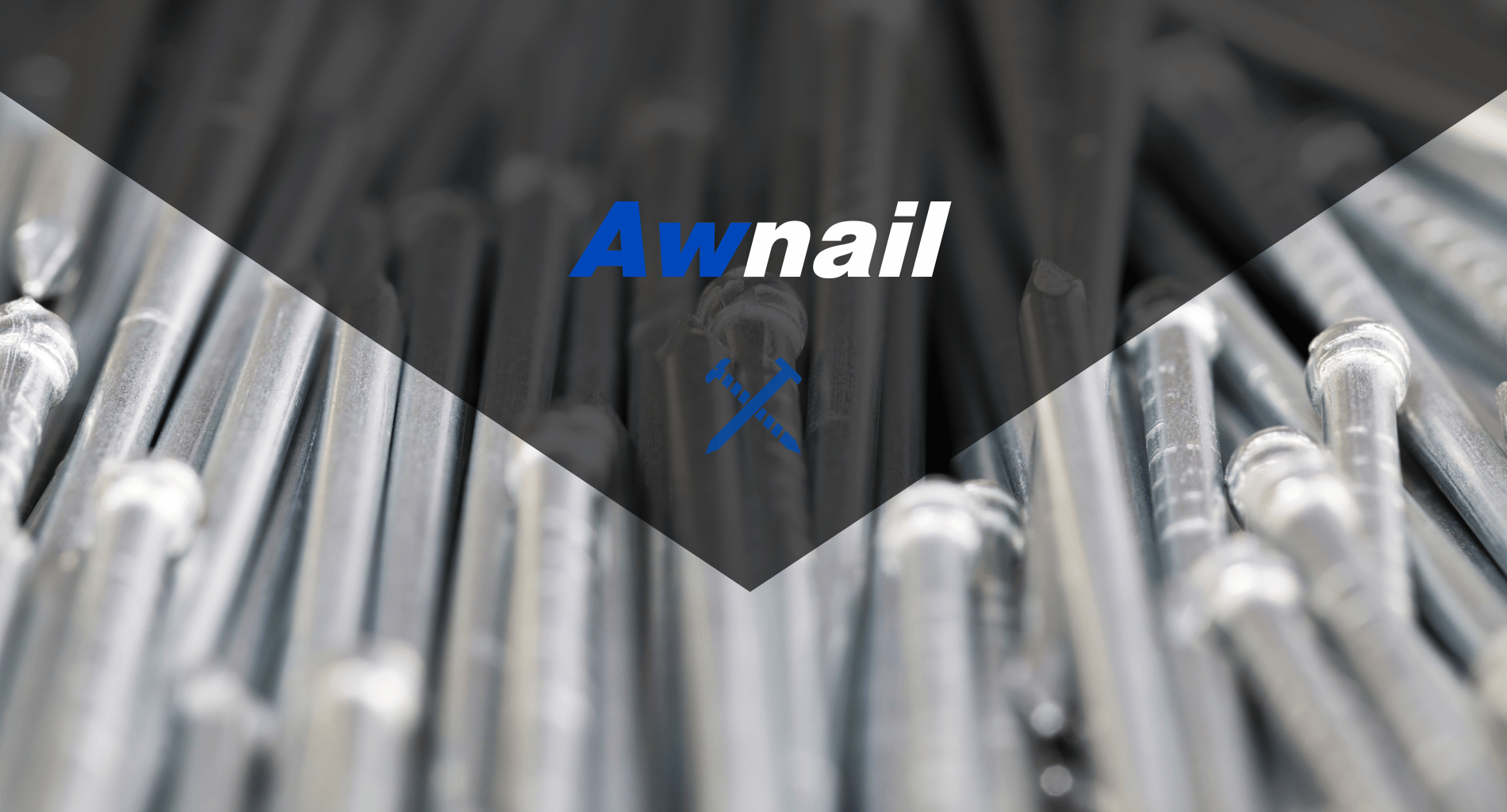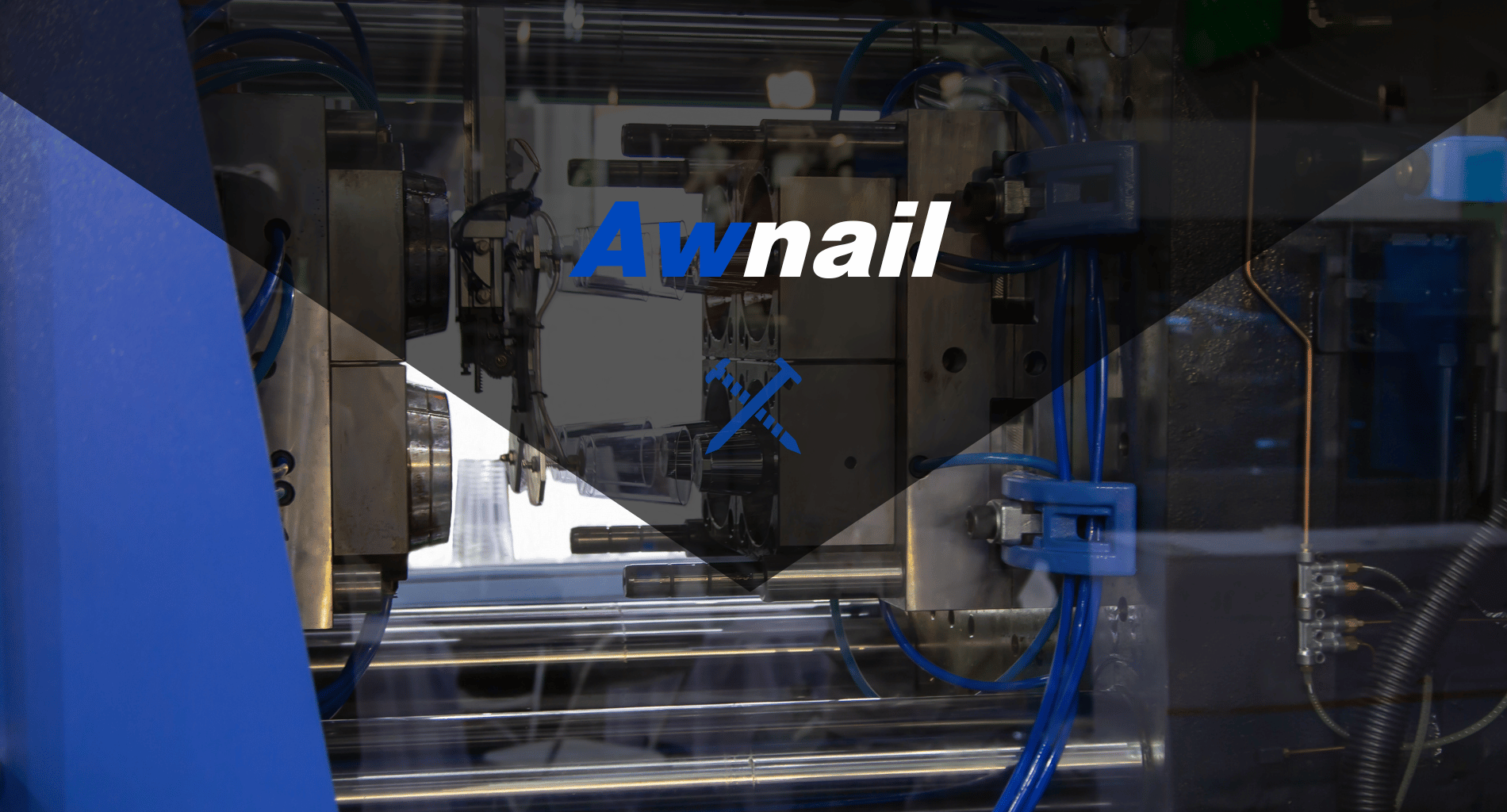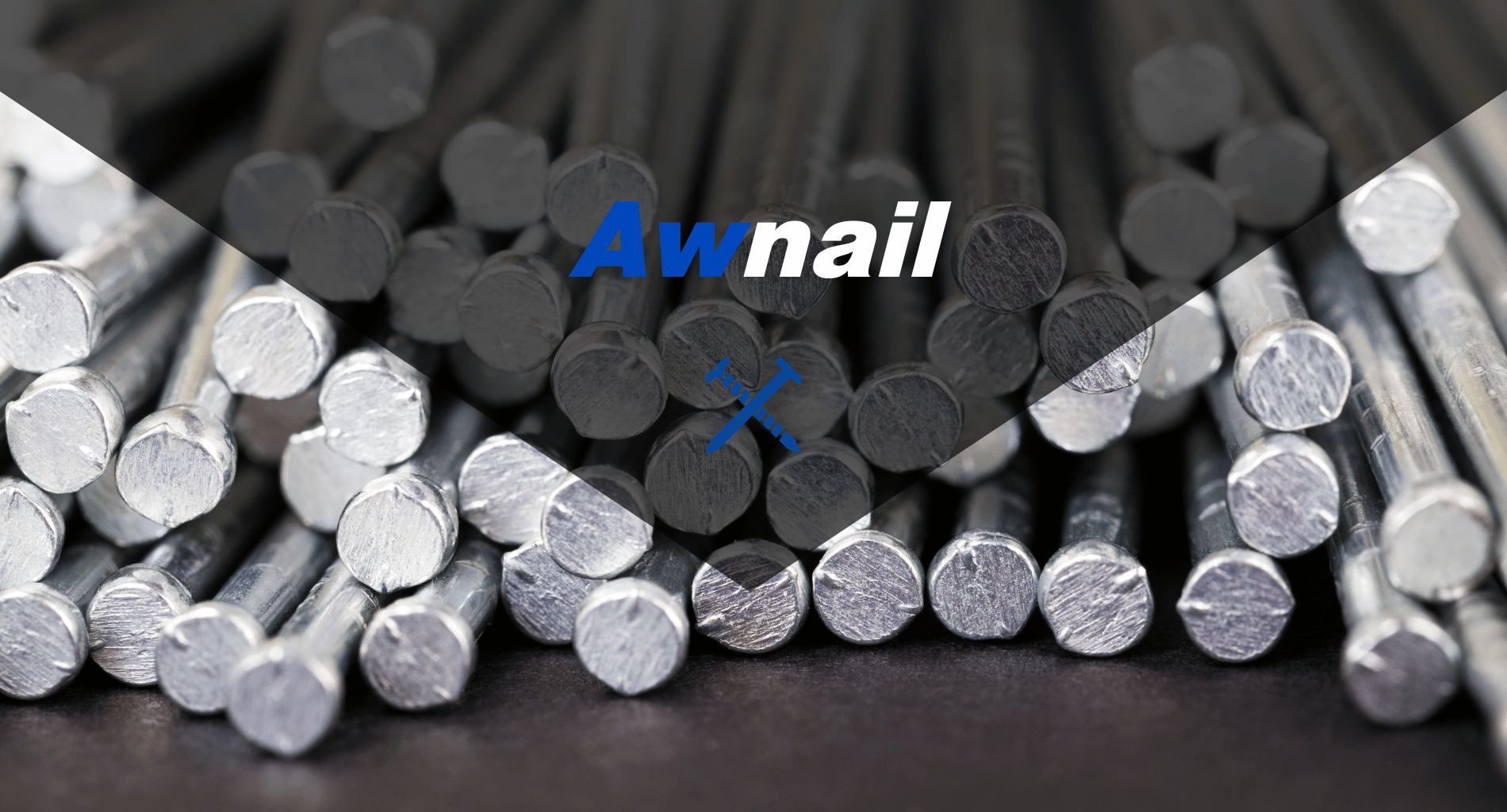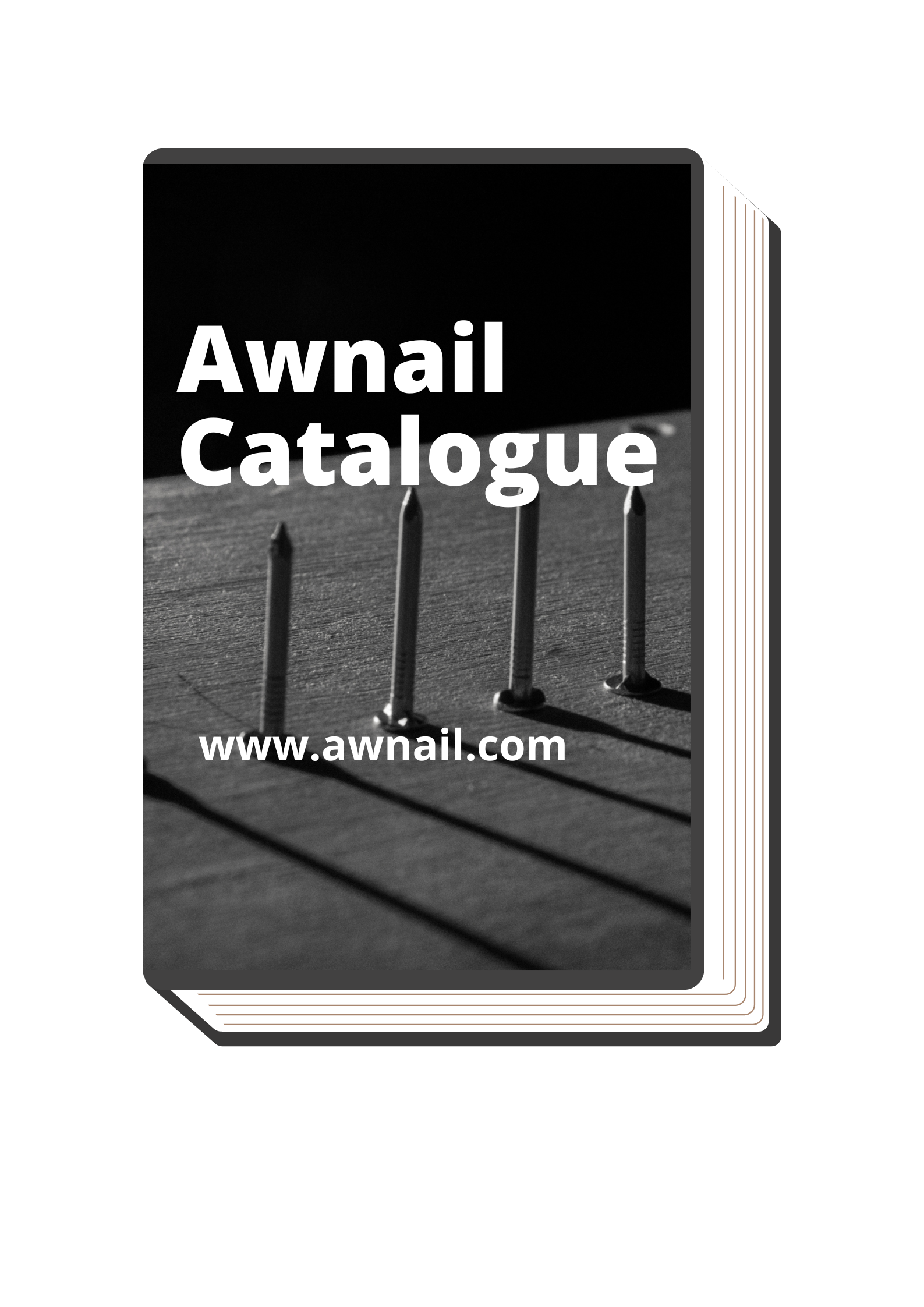Are you worried about how import rules might impact your purchases of nail-making machines? Understanding these regulations is crucial for ensuring a smooth import process.
Rely on our industry expertise and global trade knowledge for confident navigation of nail-making machine import regulations. Trust our experience for proper guidance in this complex journey.
Adhering to the import regulations for nail making machines is key to successful international trade. These guidelines safeguard import processes, enabling efficient and legal operations.
In this guide, you’ll be equipped with comprehensive insights, from general import principles to specific details that can make or break your import strategy.
Continue reading to elevate your import expertise.
1. Overview of Global Import Regulations
Navigating global import regulations requires a keen understanding of the diverse and often complex international trade laws. These regulations govern the import of nail making machines, encompassing a wide range of legal frameworks and trade agreements. It’s essential for businesses to be well-informed in these global standards to ensure compliance and smooth shipping process.
The foundation of global import rules lies in harmonizing trade practices while respecting individual country’s policies. Key aspects include understanding the World Trade Organization’s guidelines, regional trade deals, and specific agreements between two parties.Familiarity with these elements is crucial for businesses to effectively manage their international procurement and avoid legal pitfalls.
2. Country-Specific Import Regulations
Transitioning from the overview of global import regulations, it’s vital to understand individual countries’ rules to successfully import these machines into diverse markets. Here are the detailed insights:
United States
In US, businesses must comply with strict safety standards and regulations set by the Occupational Safety and Health Administration (OSHA). These machines are subject to specific customs tariffs and must be declared accurately under the Harmonized Tariff Schedule. Environmental regulations, such as those from the Environmental Protection Agency (EPA), may apply based on the machine’s specifications.
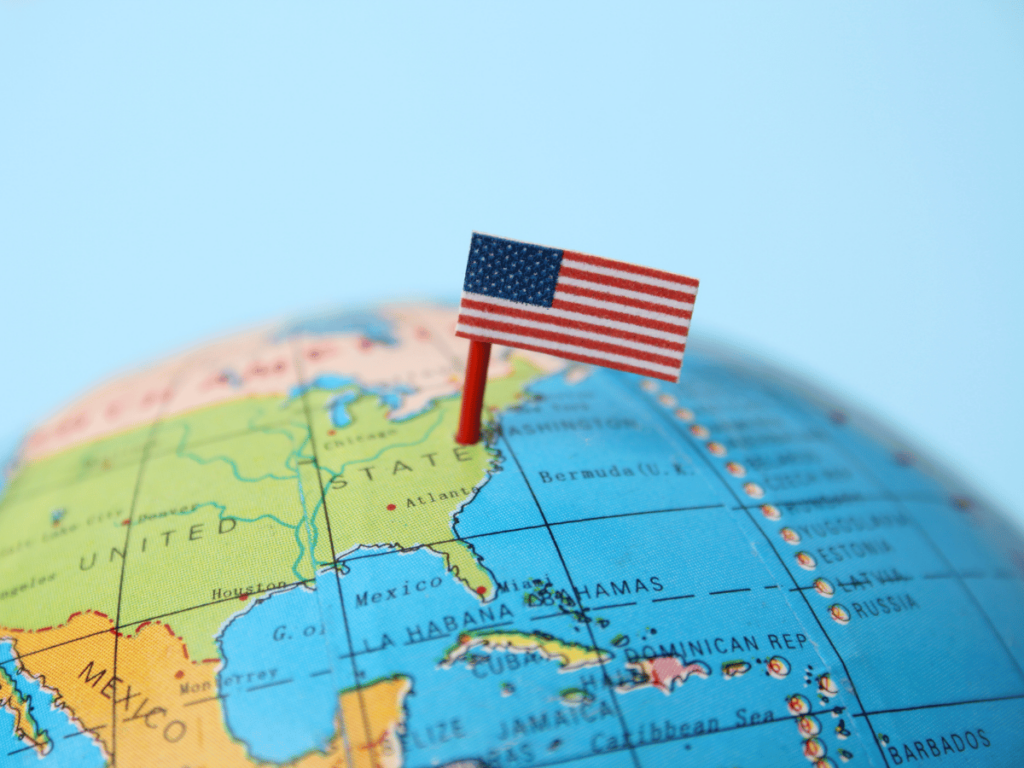
European Union
For the European Union, nail making machines must adhere to the EU’s machinery regulations, ensuring they meet strict safety and performance standards. These machines must carry the CE (Conformité Européenne) marking, indicating compliance with EU guidelines. Businesses also need to be mindful of the different Value Added Tax (VAT) rates that apply across different EU member states.
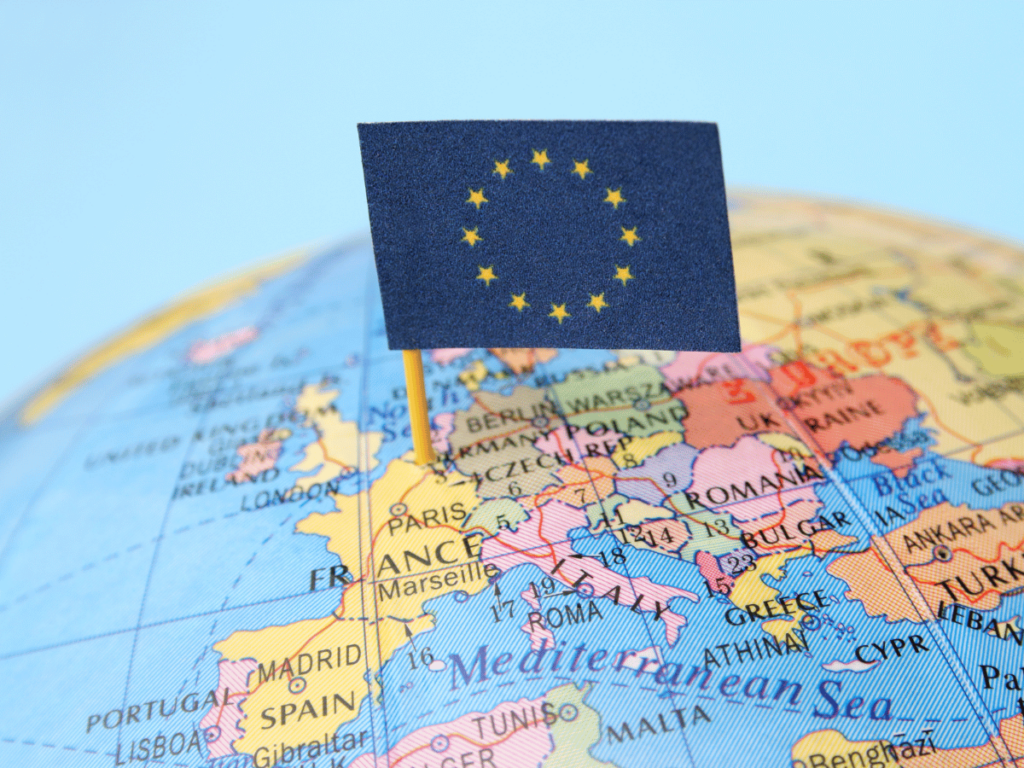
India
India’s regulations for importing involve adherence to the Bureau of Indian Standards (BIS). Businesses need to work through a complex system of tariffs and taxes, that includes customs duties and Goods and Services Tax (GST), which, as reported by DHL, currently stands at 10%. Specific licenses may be required, and machines must often undergo product testing and certification as per Indian standards.
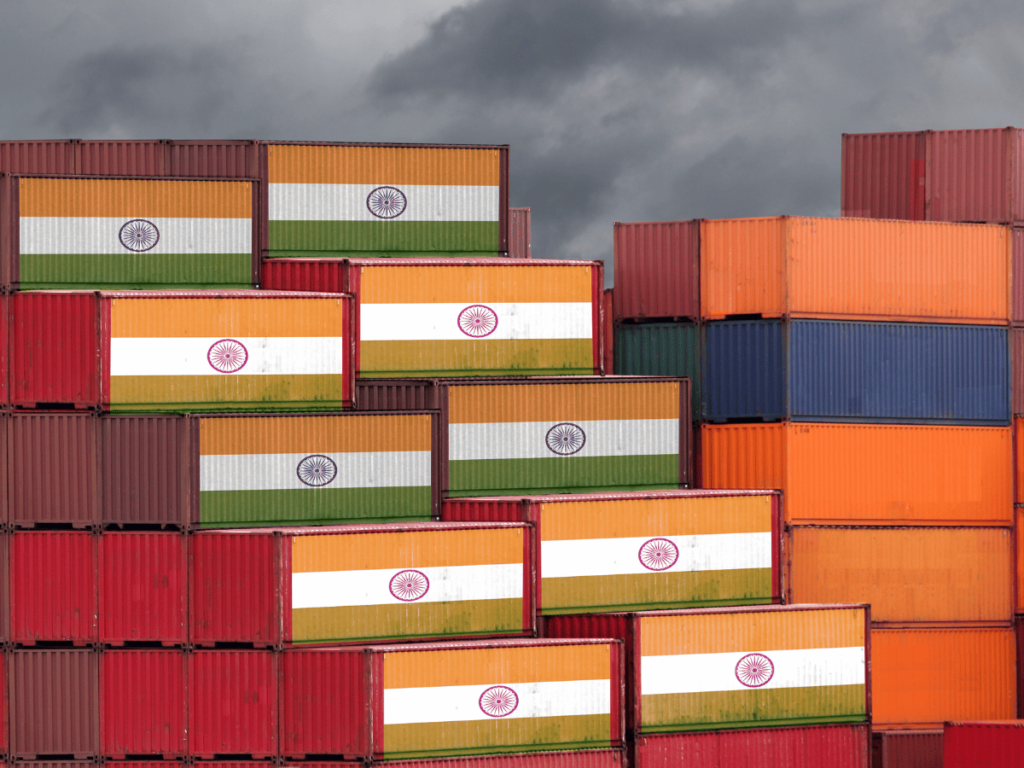
China
In China, importers of nail making machines need to secure an import license before bringing these machines into the country. The machines must meet China’s strict quality and safety standards, requiring thorough documentation and inspections. Additionally, adherence to the Chinese National Standards (GB standards) is mandatory for all nail making machinery imported.
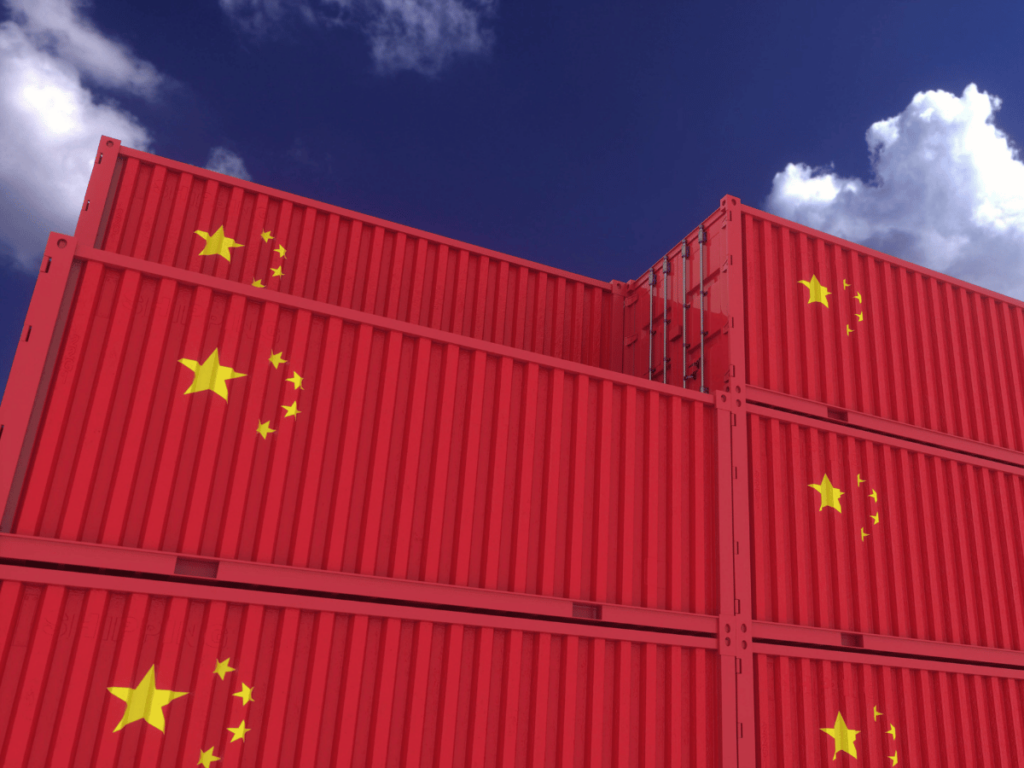
Brazil
Brazilian import regulations demand adherence to national technical standards and INMETRO (National Institute of Metrology, Standardization, and Industrial Quality) certification. Detailed documentation with machine specifications and compliance with the Industrialized Product Tax (IPI) is crucial. Moreover, businesses must navigate Brazil’s complex customs procedures and changing state-level taxes.
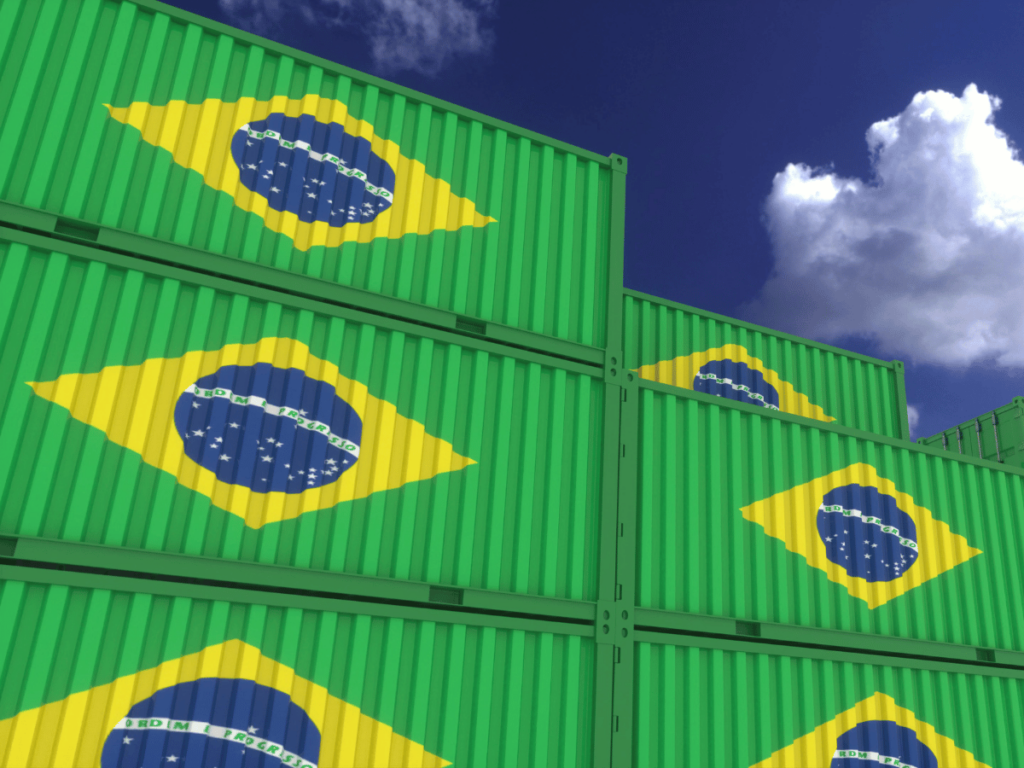
3. Tariffs, Taxes, and Duties
Bridging the gap from country-specific import regulations, the focus shifts to the financial aspects of importing machines to ensure cost-effective transactions. Here are key elements to understand:
Identifying Applicable Tariffs
Identifying the correct tariff codes for nail making machines is critical in understanding the import costs. These codes determine the duty rates that will be applied and vary based on the machine’s specifics and country of origin. Accurate identification helps in forecasting the total import cost and avoiding customs conflicts.
Value Added Tax (VAT) Implications
When importing these machines, VAT is a significant financial factor to consider. This tax is usually applied to the total cost, which includes the purchase price, shipping, and insurance of the machine. For accurate financial planning, businesses must understand the specific VAT rates and regulations in the destination country, as these can considerably affect the total import expenses.
Anti-Dumping Duties
Anti-dumping duties are special tariffs that a country might impose to protect its local industries from foreign products sold at very low prices. If nail making machines are imported at extremely low prices, these extra duties can be applied, increasing their overall cost. It’s crucial for businesses to be aware of these duties to avoid unexpected expenses and make informed buying choices.
Compliance with Excise Duties
Excise duties are specialized taxes imposed on certain types of goods, including machinery, in various jurisdictions. For importers of nail making machines, it’s crucial to determine whether these duties apply to their products and calculate their impact on overall costs. Ensuring compliance with these regulations not only helps in accurate budgeting but also avoids potential legal and financial penalties.
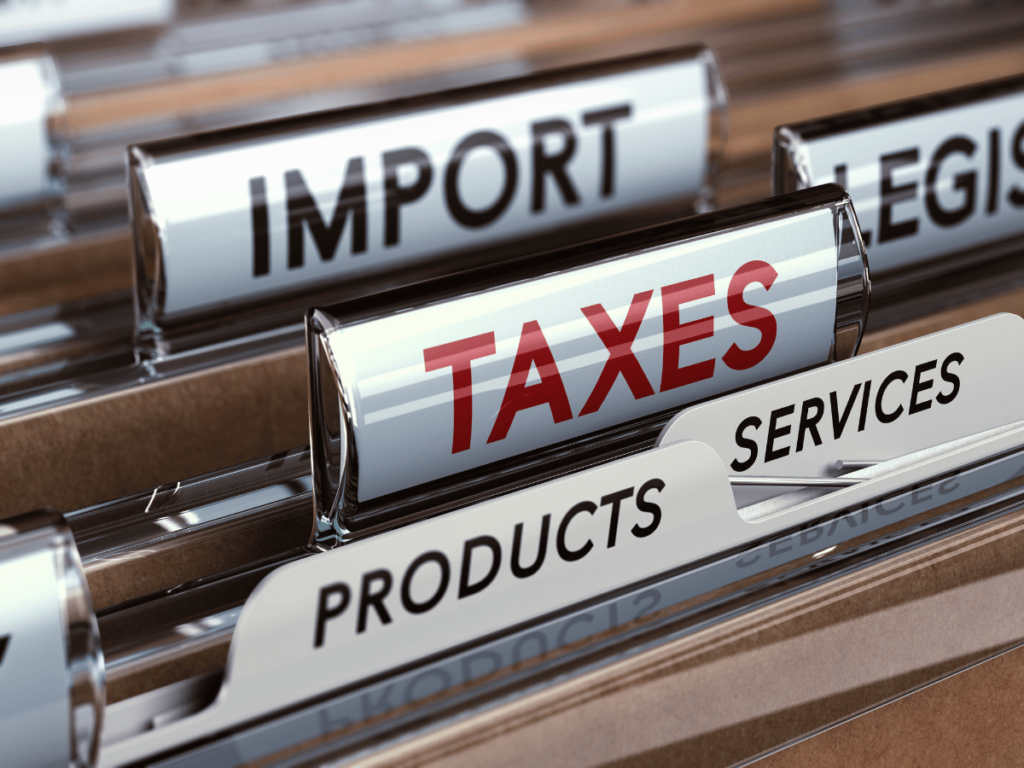
4. Safety Standards and Compliance
Transitioning from the financial implications, exploring safety standards and compliance is vital for ensuring safe and legal operation of imported nail making machines. Here are the critical considerations:
Harmonized System (HS) Code Compliance
Ensuring compliance with the HS codes is a fundamental aspect of importing nail making machines. These codes are used globally to classify traded products and determine the applicable tariffs and regulations. Correct classification under HS codes is essential to ensure that the machines meet the specific safety and regulatory requirements of the importing country.
Machine Guarding Standards
Machine guarding standards are critical for preventing accidents and work-related injuries. These standards require safety guards around moving parts and hazardous components. Compliance with these standards is crucial to protect operators from potential harm during machine operation. Awnail, with its commitment to excellence, incorporates these safety guards in every nail making machine.
Electromagnetic Compatibility (EMC) Regulations
Adhering to EMC regulations is essential when importing nail making machines. These regulations ensure that the machine does not emit a significant amount of electromagnetic interference, which can disrupt other electronic equipment. Compliance with EMC standards is necessary to prevent operational disruptions and maintain workplace safety.
Pressure Equipment Directive (PED) Compliance
For nail making machines that operate under pressure, compliance with the PED is essential. This EU regulation ensures that equipment can withstand the pressures they are subjected to without failure. Compliance with PED is crucial for preventing accidents due to pressure system failures, especially in high-pressure nail manufacturing processes.
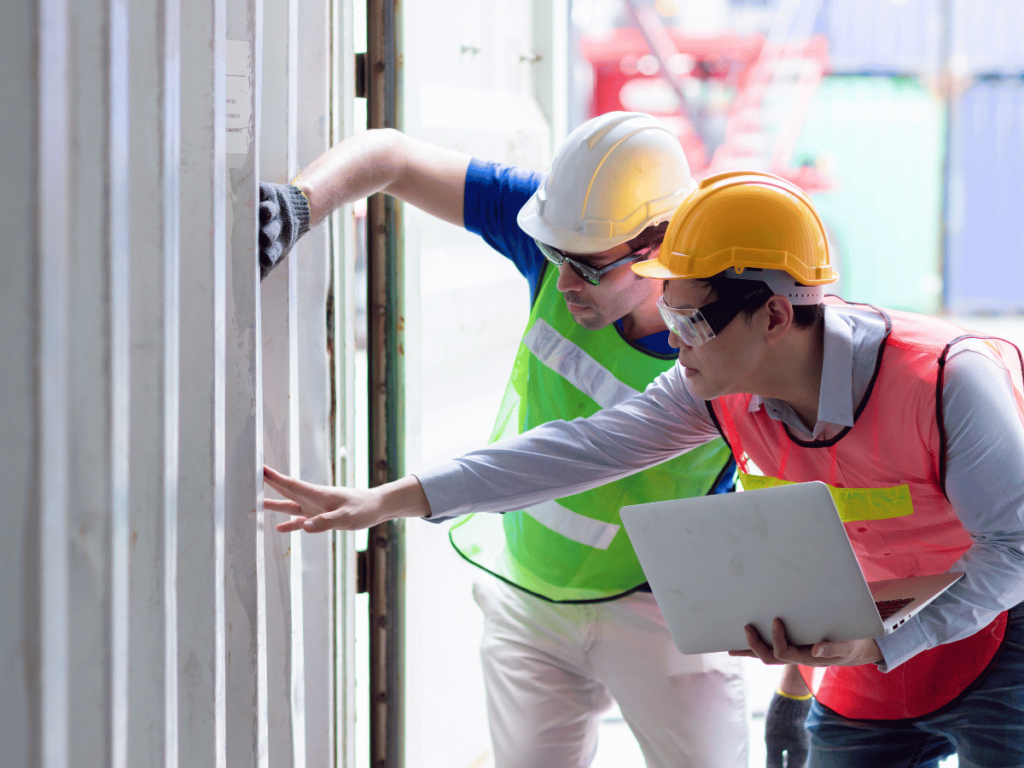
5. Documentation and Licensing Requirements
Moving beyond safety standards, specific documentation and licensing requirements are crucial to comply with international trade regulations and local laws. Here are some of the prerequisites:
Import Declaration
Import declaration is a statement made at the destination country’s customs, specifying details, value, and quantity of nail machines being imported. With this, customs are able to calculate duties and enforce import regulations. Accurate completion is vital to avoid any legal or customs issues. Awnail offers machines that meet international standards, facilitating a hassle-free import experience.
International Trade Compliance Certificate
This certificate is vital for verifying that the machine adheres to international trade laws and restrictions. This indicates compliance with export controls, trade embargoes, and anti-corruption regulations. It’s a crucial document for ensuring legal trade across borders. For example, a German-imported machine often includes EU compliance certificate, aiding global customs clearance and legal adherence.
Commercial Invoice
A commercial invoice is a fundamental document for international trade, detailing the transaction between the seller and the buyer. It includes information like the description of the nail making machine, its value, and the terms of the sale. This invoice is used by customs authorities to assess duties and provides a clear record of the commercial transaction.
Industrial Machinery Import License
Specific to the import of industrial equipment, this license is crucial for nail making machines. This ensures that machinery meets specific safety and environmental standards set by the importing country. Obtaining this license often involves a detailed review of the machine’s specifications and its intended use.
Below is a table outlining the key aspects of acquiring and maintaining this license, including its importance and the process involved.
| Aspect | Description | Importance |
| Compliance Verification | The process involves verifying that the machinery meets all relevant safety and environmental standards of the importing country. | Ensures the equipment is safe for use and environmentally sustainable, protecting users and minimizing environmental impact. |
| Documentation and Review | Applicants must provide detailed documentation of the machine’s specifications, including technical drawings, safety features, and environmental compliance certificates. | Facilitates a thorough review by regulatory authorities to confirm compliance with national standards. |
| Intended Use Declaration | Importers are required to declare the intended use of the machinery, detailing how it will be used within their operations. | Helps regulatory bodies understand the context of use, ensuring the machine’s specifications align with its intended application. |
| Inspection and Testing | Some jurisdictions may require physical inspections or specific testing of the machinery before granting the license. | Guarantees that the machinery operates as intended and meets the claimed safety and environmental standards. |
| Renewal and Updates | The license may need renewal after a certain period or when significant modifications are made to the machinery. | Keeps the certification up to date, ensuring ongoing compliance with evolving standards and regulations. |
| Costs and Fees | Applying for an industrial machinery import license involves certain fees, which can vary based on the machinery type and the complexity of the review process. | Budgeting for these costs is essential for financial planning and ensuring the import process proceeds without financial hitches. |
| Regulatory Liaison | Establishing a direct line of communication with regulatory bodies can facilitate the application process and clarify any compliance queries. | Enhances the efficiency of the licensing process and helps in resolving any issues promptly, minimizing delays. |
| Legal and Regulatory Guidance | Seeking expert advice from legal and regulatory professionals familiar with industrial machinery imports can be beneficial. | Ensures accurate compliance and understanding of the legal requirements, reducing the risk of non-compliance penalties. |
6. Dealing with Trade Barriers and Restrictions
Shifting from documentation and licensing requirements, properly dealing with trade barriers is crucial as this can influence the import process of the machine. Here are the vital aspects to consider:
Import Quota Limits
Quotas control the volume of nail making machines that can be imported, varying by country and product type. Businesses must closely monitor these quotas to align their import strategies accordingly, avoiding potential overstock or shortages. Staying updated of quota adjustments ensures a steady supply chain and compliance with import limits.
Understanding Embargoes
Embargoes are government-enforced bans on trade with specific nations, impacting the import of nail making machines. Importers must be aware of these embargoes to avoid legal troubles and ensure ethical trading practices. Regular checks on current embargo lists are essential for maintaining compliance and safeguarding business operations.
Intellectual Property Rights (IPR) Restrictions
Intellectual property restrictions can block the import of specific machinery if they break existing patents or trademarks. To avoid legal issues, conducting thorough research is crucial to ensure nail making machines do not violate any IPR. Working with legal experts to navigate these laws can protect businesses from costly legal disputes related to intellectual property violations.
Overcoming Non-Tariff Barriers
Non-tariff barriers, such as safety standards and environmental regulations, pose challenges apart from tariffs. Businessed need to ensure their nail making machines comply with these varied regulations to avoid delays and additional costs. Adhering to these standards not only facilitates smoother imports but also demonstrates commitment to quality and safety.
7. 4 Best Practices for Successful Import Transactions
After understanding trade barriers and restrictions, it’s time to focus on actionable strategies to be implemented to ensure successful import transactions. Here are key best practices to consider:
#1 Thorough Research on Import Regulations
Understanding the specific import regulations of the destination country is the foundation of a successful import transaction. This includes studying tariffs, taxes, duties and any industry-specific requirements. Staying informed about regulatory changes can prevent unexpected delays and additional costs.
#2 Continuous Supplier Evaluation
Continuously evaluate and monitor the performance of the suppliers to ensure they remain compliant with contracts and regulations. This includes assessing their financial stability, production capacity, and ethical standards. Regular audits and feedback help maintain product quality and supply chain reliability.
#3 Utilizing Free Trade Agreements
Take advantage of free trade agreements (FTAs) between your country and the country of import. Free trade agreements can offer reduced tariffs and streamlined import processes, making the transactions more cost-effective and efficient. Stay informed about existing agreements and how they can benefit your trade.
#4 Ensuring Comprehensive Documentation
Accurate and comprehensive documentation is vital for a smooth customs clearance process. For example, utilization of digital tools for document management is ideal to efficiently compile comprehensive documentation on product descriptions, certificates of origin, and compliance certificates with safety standards. Organizing records speeds up clearance and quickly resolves discrepancies.
Dive Deeper Into Our Resources
For some insightful reads, we’ve curated a list of recommended articles just for you:
Still haven’t found what you’re looking for? Don’t hesitate to contact us. We’re available around the clock to assist you.
Conclusion
Mastering the import regulations for nail making machines is vital for businesses looking to succeed in the global market, ensuring compliance and efficiency in their operations. This guide has equipped you with the necessary knowledge and strategies to confidently navigate regulations for smoother transactions.
For advanced nail making machines designed for global markets, Awnail stands as your ideal ally. Contact us to discover solutions that meet your international needs efficiently.

